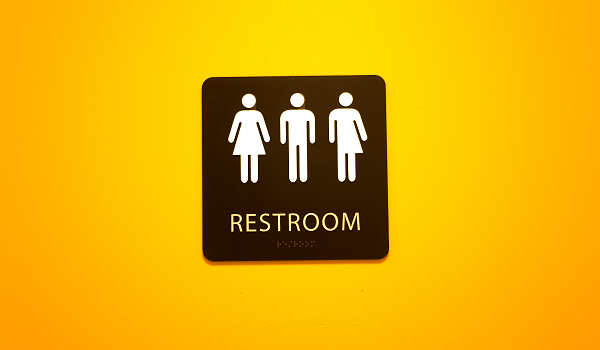Workplace disputes involving disability discrimination have seen a sharp rise, according to newly released data from Acas, the independent public body that helps resolve employment conflicts.
Between April 2024 and March 2025, Acas handled over 20,000 early conciliation cases involving disability discrimination - up from 15,361 in the previous year. This marks a 40.7% increase year-on-year and reflects a growing trend of employees raising concerns under the Equality Act 2010.
Disability Claims Now Make Up a Growing Share of Workplace Disputes
Disability-related cases now account for 16% of all disputes referred to Acas for early conciliation, a significant jump from just 9% two years ago. Legal experts suggest this rise is largely due to an expanding understanding of what constitutes a disability in the workplace.
"More employees are identifying conditions such as mental health issues, long COVID, or symptoms related to menopause as disabilities," said a spokesperson from Nockolds Solicitors. “These issues, while sometimes hidden, often meet the legal definition of a disability and entitle workers to protections.”
Employers Struggling to Keep Up with Legal Duties
The rise in disability claims points to a broader challenge for employers: ensuring staff - particularly managers and HR teams - are equipped to handle complex, and often sensitive, legal responsibilities.
“Too many organisations are still failing to implement reasonable adjustments or properly support workers whose conditions affect their ability to do their job,” the spokesperson added.
With mental health-related issues increasingly recognised as disabilities under the law, the pressure is on employers to be proactive in accommodating workers and avoiding litigation.
Discrimination Dominates Employment Disputes
Disability cases are part of a wider pattern of increasing discrimination claims across UK workplaces. In total, Acas received 124,613 early conciliation notifications in 2024–25. Of these, more than 36,000 (29%) were linked to some form of workplace discrimination.
At the tribunal level, the trend continues: more than half (50.4%) of all ET1 claims submitted - around 21,600 out of 42,800 - involved discrimination as a primary issue.
What Employers Should Do Now
Experts are urging businesses to prioritise inclusive policies and regular training to ensure legal compliance. Reviewing workplace practices, offering appropriate support, and understanding evolving legal definitions - particularly around non-visible disabilities - could help reduce the risk of claims and promote a healthier, more inclusive environment.
As disability awareness continues to grow, failure to adapt is becoming an increasingly costly oversight for employers.
Related training:
Supporting Neurodiversity in the Workplace
Managing Employee’s Mental Health – The Legal Aspects
Making Reasonable Adjustments in the Workplace: A Guide for Managers & HR Professionals










































